Pakistan seeks additional $110m from World Bank
The completion of highway projects have been delayed due to non-availability of financial resources.
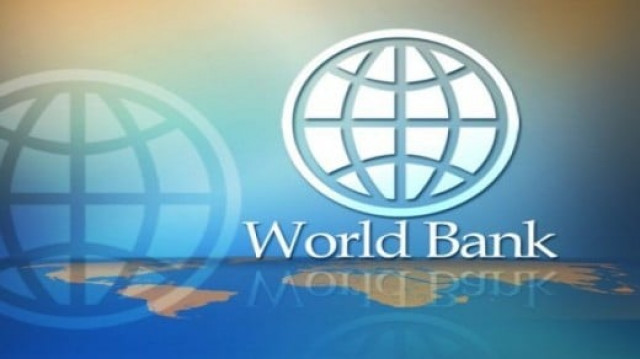
An official of the Economic Affairs Division said that the additional loan has been requested for those projects that have been facing cost overruns due to unavoidable circumstances. He said that the WB has conducted the audit of these projects and established that the circumstances, which caused the delays, were out of the government’s control.
The loan proceeds would be utilised for rehabilitation and improvement of about 869-kilometre-long highways and also for resettlement and land acquisition.
If no additional financing is provided by the bank, some contracts will not be completed or their completion will be further delayed with damage to unfinished works and ultimate higher costs to complete the work.
The World Bank Executive Board is likely to consider Pakistan’s request on September 30. The approval of $110 million additional financing would jack up the total cost of rehabilitation project to $584 million. The WB has already provided $365 million, while the government contributed $109 million for the project.
The WB has also proposed to the government to impose a tax on transport fuel in order to generate funds for road sector development, as the National Highway Authority has remained unable to even repair the roads from its existing resources. It has termed the toll a “modest financing source”.
The transport sector is the fourth largest sector that contributes 12 per cent to the overall economic growth and employs about 2.3 million people. With deteriorating performance of Pakistan Railways, the road sector has progressively increased its share of the transport market.
The road sector now carries over 96 per cent of the inland freight and 92 per cent of passenger traffic. In 1980, the railway network used to transport about 41 per cent of total passengers and 73 per cent of freight traffic.
The government had set up a Road Maintenance Account (RMA) in 2003 to ensure a stable and secure source of funding for network maintenance. Over 75 per cent funding of the RMA comes from the toll taxes collected on the network and the remaining amount comes from the government in shape of maintenance grant.
The National Highway Authority has been facing financial constraints in completing the ongoing and existing projects. The NHA has recently increased toll fee to bridge the gap but it still exists at around 20 per cent of the maintenance needs.
According to WB documents, the productivity of toll taxes remains modest due to the low level of toll rates compared to other developing countries. The recent increase in toll rates from 20 to 50 per cent is expected to cover the maintenance cost during the next two years.
The WB said that fiscal sustainability of the road development programme was also uncertain. The road development programme envisaged by the government would require a significant increase in budgetary resources allocated to the sector compared to the past.
In the past, resources allocated to road development were insufficient to finance all projects within their expected period of execution. The funding of Rs44.6 billion for the current financial year would take six years to complete the ongoing projects without starting any new one.
The WB said that the practice of providing loans to the NHA to finance its development programme was unsustainable. As the NHA’s own revenue base was barely sufficient to cover the costs of operations and maintenance of the existing road network, it has built up a huge and growing stock of debt to the government, which presently stands at around Rs421 billion.
Published in The Express Tribune, August 14th, 2010

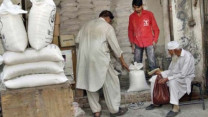

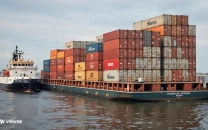
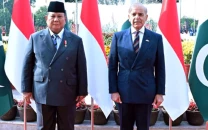
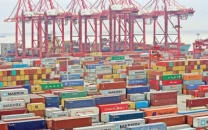













COMMENTS
Comments are moderated and generally will be posted if they are on-topic and not abusive.
For more information, please see our Comments FAQ